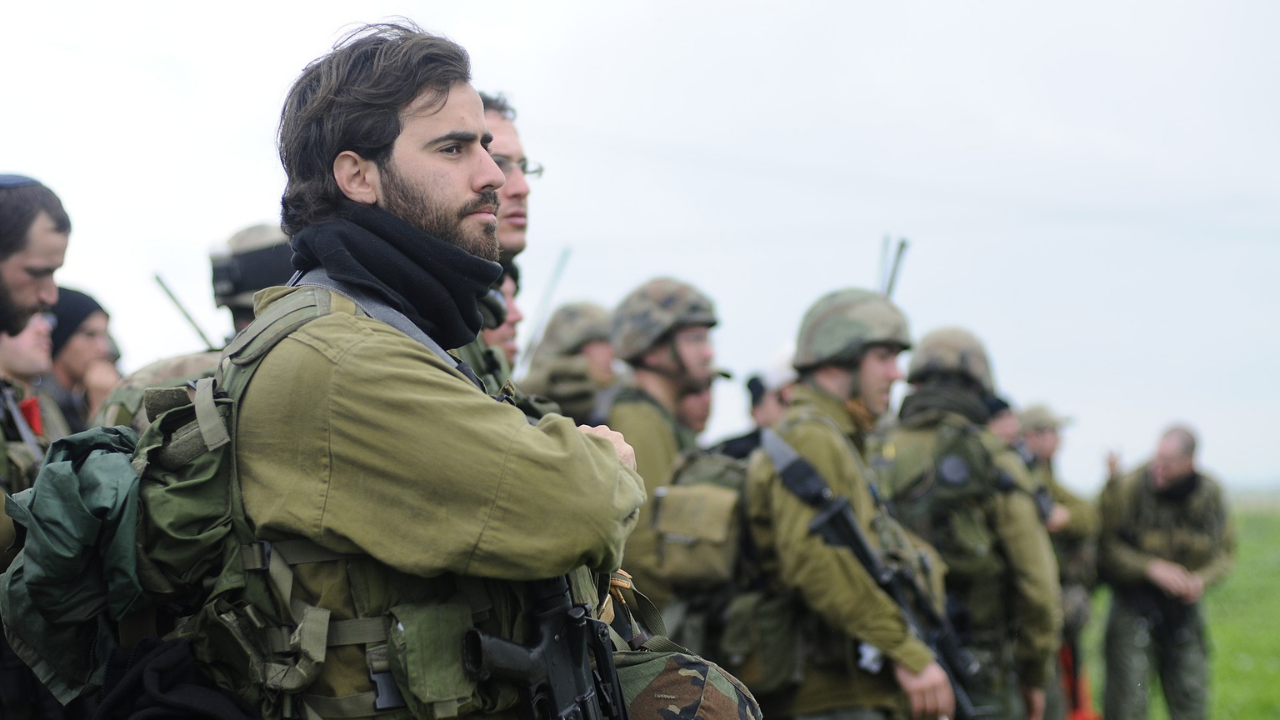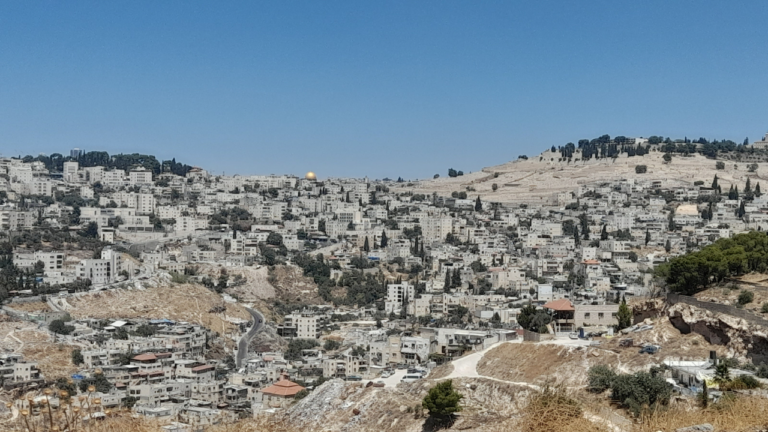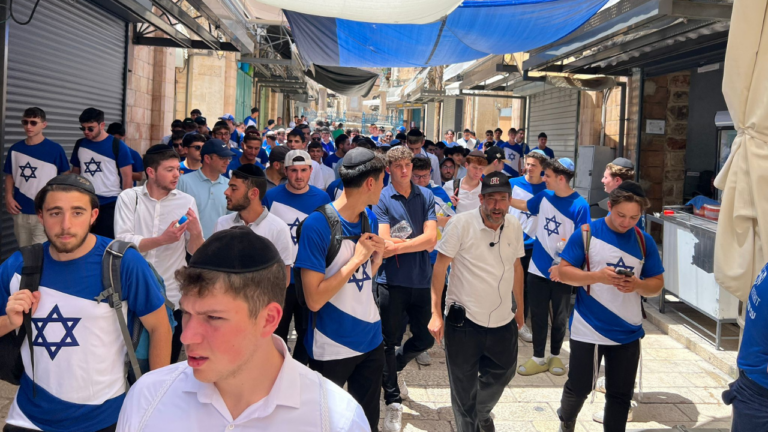The Maccabees, Jerusalem, and the Land of Israel
The Maccabean revolt revolved around several axes. On one level, it was a fight against religious persecution. The Greeks forbade the study of Torah and certain key mitzvot. In fact, the revolt began when a Hellenized Jew was about to sacrifice an animal to a pagan deity and Matityahu stands up and kills him.
On this level, the ultimate location of the struggle between the Greeks and the Maccabees was the Beit HaMikdash in Yerushalyim. This is the site of the highest form of our service to God and it was this site that the Greeks defiled and transformed into a Temple. The victory of the Maccabees, then, occurs when they retake Yerushalayim, purify the Beit HaMikdash and rekindle the Menorah.
On another level, though, the Maccabees were a nationalist group fighting a foreign, oppressive empire. They wanted to recreate an independent and sovereign Jewish state. In this regard, Rambam explains that part of the Maccabean achievements and the miracles of Chanukah that we celebrate annually is that “sovereignty returned to the Jewish people for more than two hundred years.”
At its height, the Maccabean state controlled a wide swath of land – much beyond its capital Yerushalayim. Accordingly, the miracle of Jewish sovereignty was not centered in the Beit HaMikdash or even in Yerushalayim, but in the entirety of the Land of Israel.
What is the relationship between these two fights? Are they really two independent elements of the war? What is the conceptual connection between the fight for the Torah which centered on the Beit HaMikdash and the fight for Jewish sovereignty was more focused on the entirety of the Land?
Perhaps we can gain insight into this question through a comment of Rashi to Tractate Ta’anit. The Mishna teaches us that when there was a drought the Jewish people in the Land of Israel would declare a series of fast days to repent and pray for rain. On these days, they would add several blessings to the regular prayers. The final added blessing/prayer was as follows:
He Who answered David and Solomon his son in Jerusalem (see I Kings 8:12–53), He will answer you and hear the sound of your cry on this day. Blessed are You, God, Who has mercy on the Land.
The Talmud explains that the Sages wanted the final blessing to be about the Land of Israel.
Rashi, though, notes a seeming incongruity in the blessing’s structure. Dovid and Shlomo prayed in Yerushalayim and were mainly focused on the status of the city and the Beit HaMikdash. Why, then, would they and their prayers be included in a blessing that is focused on the Land?
In his second explanation, Rashi writes: “For they established the Beit HaMikdash which is the essence of the Land.” The Beit HaMikdash in Yerushalayim is the heart of the Land.
In this sense, we can better understand the meaning of the Maccabean revolt and victory. On Chanukah, we give thanks to God for our ability to serve Him freely and for our national independence. But, perhaps just as crucially, we give thanks to God for the intertwinement of these two elements. A Jewish sovereign state should have the Torah pulsing through its veins. The Land of Israel must be permeated with the spirit of the Beit HaMikdash of Yerushalayim.



